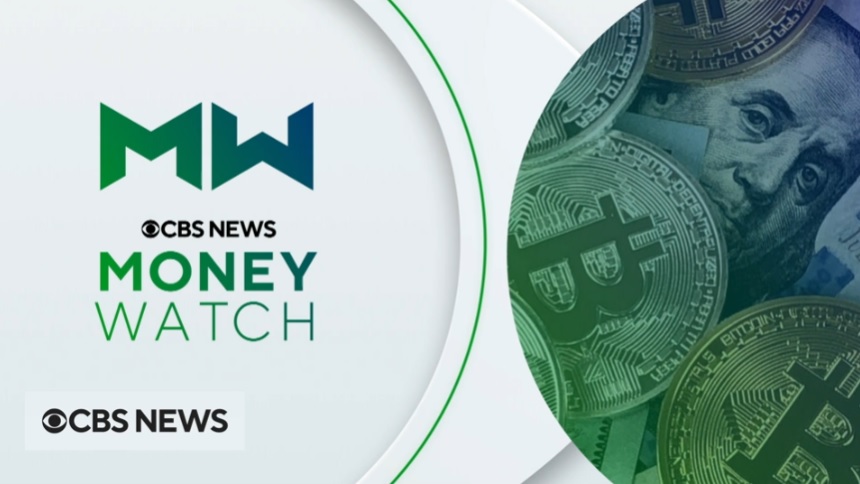BY AIMEE PICCHI
MARCH 8, 2023 / 5:22 AM / MONEYWATCH
A so-called tax hack touted on social media could get you into big trouble with the IRS, as well as fail to deliver the juicy refund it purports to deliver.
The agency is warning taxpayers not to fall for advice that urges them to use tax software to fill out W2s with fake income information, with some scammers suggesting that people make up large income and withholding figures in order to get big refunds.
- Haven’t filed your taxes yet? Here are key things to know.
- How long will it take to get your tax refund?
- How to avoid getting ripped off by your tax preparer
W2s are tax forms sent by employers to workers that show their annual income and the amount of federal income tax that has been withheld, retirement contributions and more. An employee uses that information to fill out their Form 1040 — their individual income tax return — which contributes to the calculation about whether they are owed a refund or, alternately, owe money to the IRS. The bigger the withholding, the potentially bigger the refund.
But making up fake information on a W2 is a sure-fire way to get in hot water with the IRS, which receives copies of W2s from employers and matches them with the data filed on individuals’ 1040s, tax and security experts said.
The scam comes during a year when tax refunds are about 10% lower than a year earlier, while many households are struggling with high inflation.
There are all these individuals [on social media] purporting to be tax experts, but they are really scamming attention by showing these tax hacks,” said Amir Tarighat, CEO of cybersecurity company Agency. “They really aren’t even selling anything other than, ‘Follow me for more tricks.'”
“It’s definitely bad advice,” he added.
Those tricks can lead to violations of tax law, ending up with the taxpayer facing IRS penalties and fines. The agency warned that people who use such tactics can face a range of penalties, including a $5,000 penalty for filing a frivolous return as well as the risk of criminal prosecution for filing a false tax return.
Scammers may be banking that tax filers can beat the clock by filing a return before the IRS can verify matching data from an employer’s W2, said Keith Hall, a CPA and CEO of the National Association for the Self-Employed.
“If you send in a tax return that has W2 information that includes withholding, the IRS will process that pretty quickly, in advance of that matching process,” Hall said. But, he added, “The people who do [falsify information] will ultimately get caught.”
He added, “If someone says you can get a big refund by making up a W2, walk away as fast as you can.”
Fake employees and a non-existent tax credit
A few other variations on the W2 tax scam are also on the rise, the IRS said.
One version involves people making up fake employees who purportedly work in their household and filing a Schedule H for Household Employment Taxes. The idea is to claim a refund based on fake sick and family wages that, in reality, they never paid.
A second variation involves using Form 7202 for Credits for Sick Leave and Family Leave for Certain Self-Employed Individuals — but this tax credit was only available for self-employed workers in 2020 and 2021 during the pandemic. The tax credit has since expired and is no longer available for tax year 2022, the IRS said.
“[T]here is no secret way to get free money or a big refund,” said IRS Acting IRS Commissioner Doug O’Donnell in a statement. “People should not make up income and try to submit a fraudulent tax return in hopes of getting a huge refund.”

